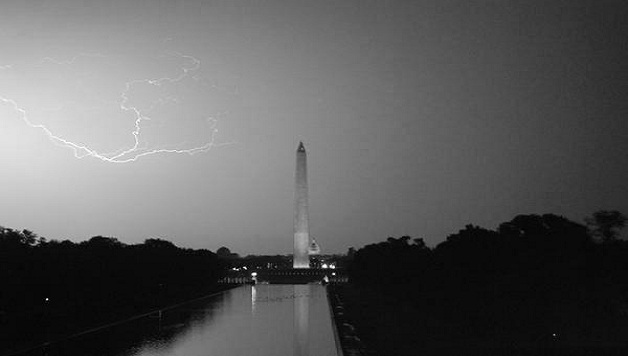On 8 August 2014 the Federal Court dismissed a challenge by Moses and Paul Obeid to the validity of “155 notices” issued by the ACCC. The notices were issued against the Obeids following a report by the NSW Independent Commission against Corruption, which suggested that their conduct in relation to the grant of mineral exploration licences in NSW could have contravened the Competition and Consumer Act 2010 (Cth) (the Act).
Under section 155 of the Act, the ACCC has the power to issue a notice for the provision of information, production of documents or giving of evidence to anyone it has reason to believe is capable of doing so. This is a very broad power, the only limitation being that the information, documents or evidence must relate to “a matter that constitutes, or may constitute, a contravention” of the Act. It’s not necessary for the court to determine whether a contravention had actually occurred to uphold the validity of a 155 notice, but it cannot “idly speculate” or “draw on improbable conclusions” on whether there may be a matter in order to uphold that validity.
The breadth of the ACCC’s powers, and the relatively low threshold for issuing a 155 notice, means that successful challenges to the validity of a notice have been very rare. The Federal Court has repeatedly stated that “the subsection is framed in the widest of terms… [and the] breadth of each of these terms is compounded by their use in combination.” As a result, the Courts have decided that a notice issued under the section is not to be narrowly construed.
In this case, the ACCC alleged that the “matter” under investigation was a potential cartel arrangement between two coal exploration companies, who were competing for the acquisition of “services”, specified in the 155 notice as “the right to apply for the necessary approvals for mining activities in the Relevant Areas from the Crown.”
The companies were alleged to have agreed that the Obeid-related entity would withdraw its application for the exploration licence in question, in return for which the other company would grant another Obeid-related entity a joint venture interest in the exploration company. This arrangement was alleged to breach both:
- the prohibition on anti-competitive agreements in section 45 by virtue of having the purpose of preventing, restricting or limiting the right to apply for the necessary approvals (being an exclusionary provision: section 4D); and
- the civil (section 44ZZRK) and criminal (section 44ZZRG) prohibitions on giving effect to arrangements containing a cartel provision.
The Obeids challenged the notices on the grounds that:
- the “services” specified in the notices did not fall within the meaning of services under section 4 of the Act; and
- the contract, arrangement or understanding specified in the notices did not contain a cartel provision, and particularly did not satisfy the “purpose condition”.
On the services point, after detailed consideration of the legislative history of the NSW Mining Act and the Act and the requirement that the services be in “trade or commerce”, Justice Farrell found that it would not be “idle speculation” to say that the specified services – which the Court summarised as the Minister’s consent and the right to apply for an exploration licence – are services under the Act. As such Farrell J was not satisfied that the notices failed to disclose a “matter than constitutes or may constitute a contravention” of the Act. Justice Farrell did not consider the Obeids’ second argument.
As this case illustrates, it is difficult to successfully challenge a 155 notice in court.
However, in practice, where companies are issued with an overly broad or onerous 155 notice (whether because of the number of documents or tight timeframes) it may be possible to reach agreement with the ACCC to narrow the scope of the notice.








